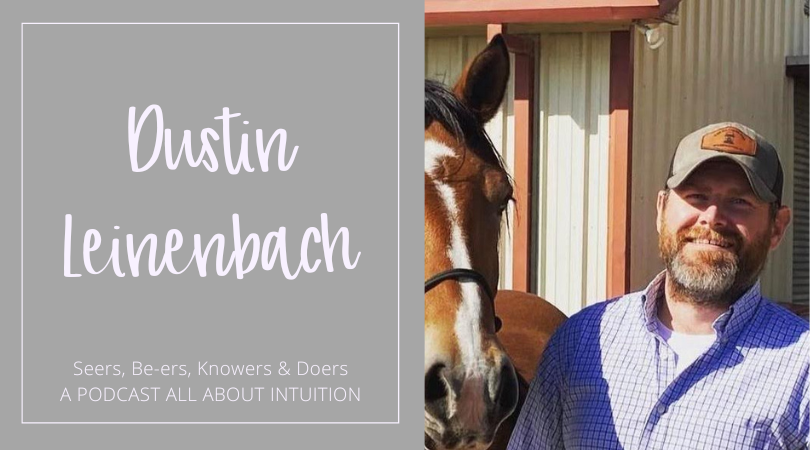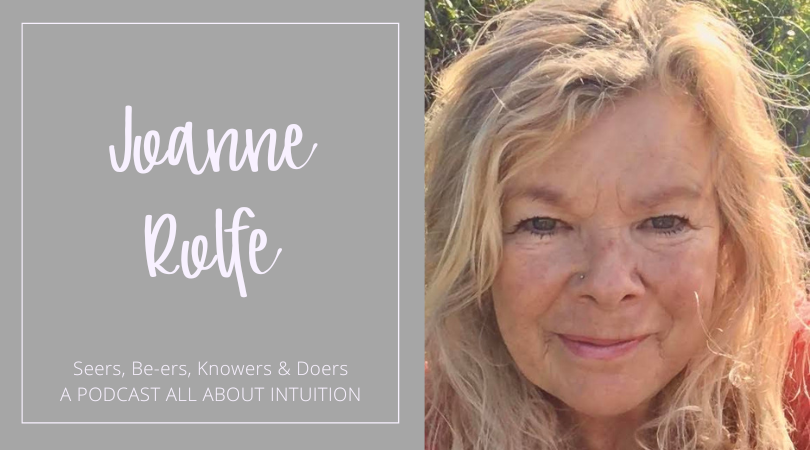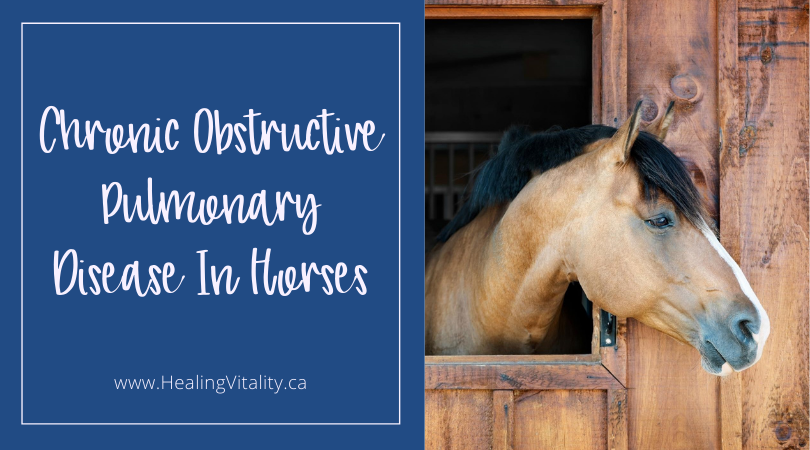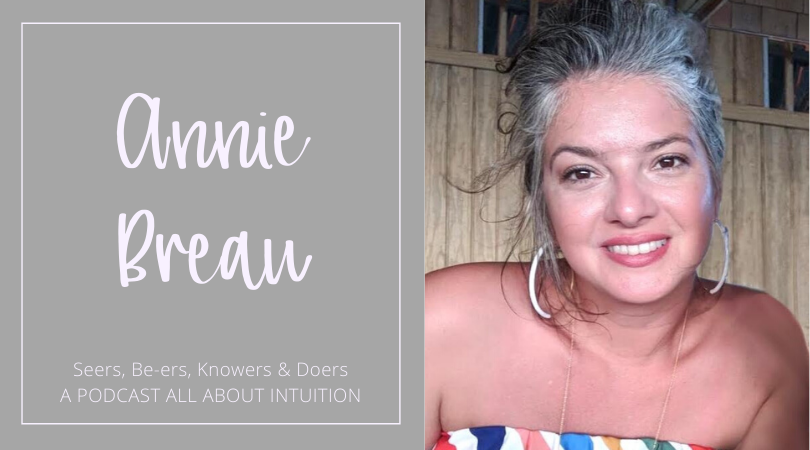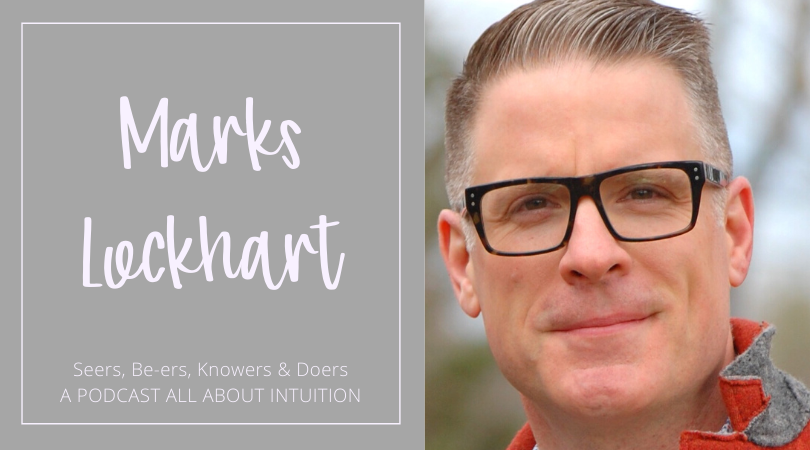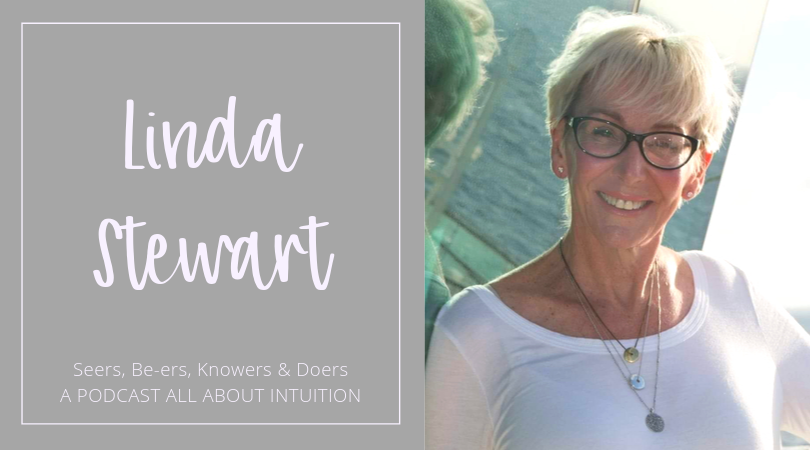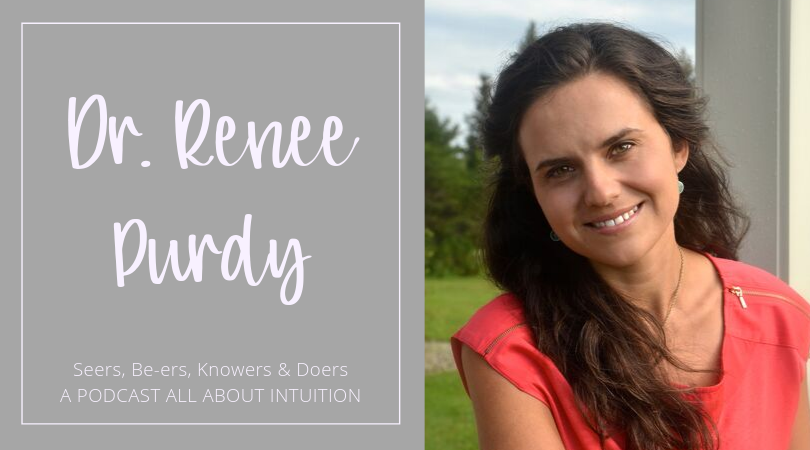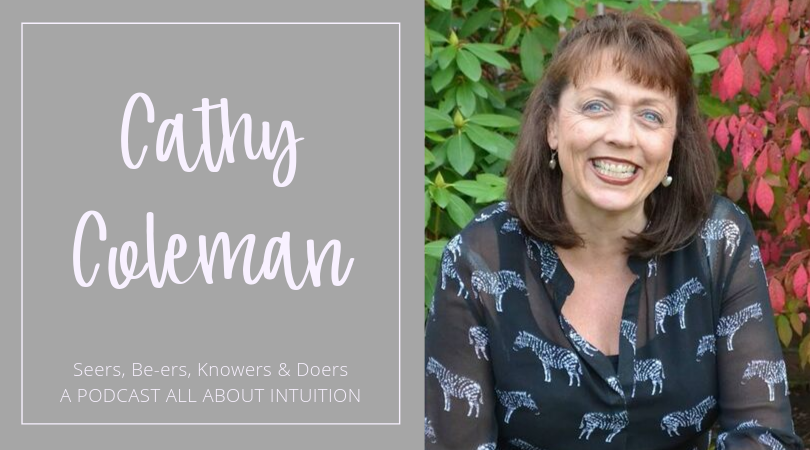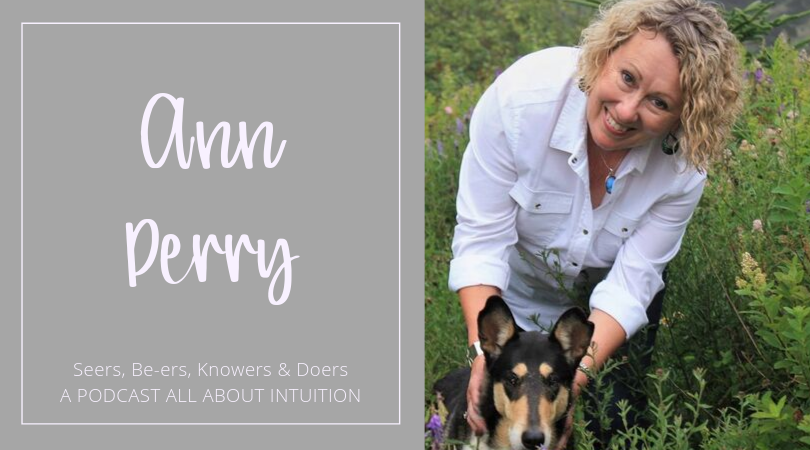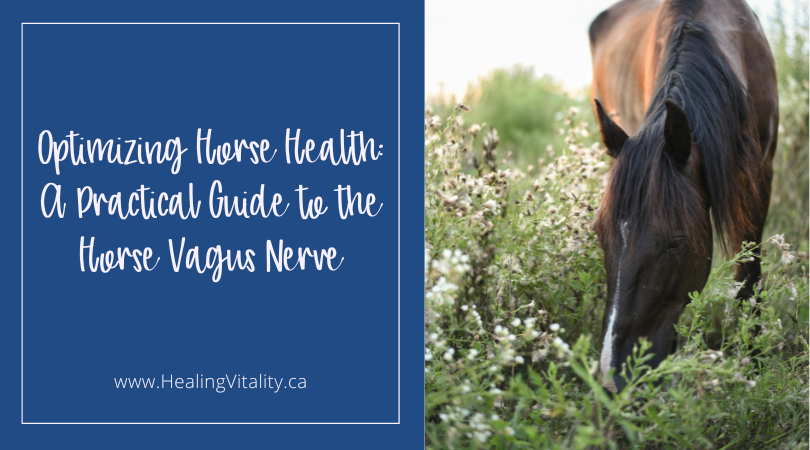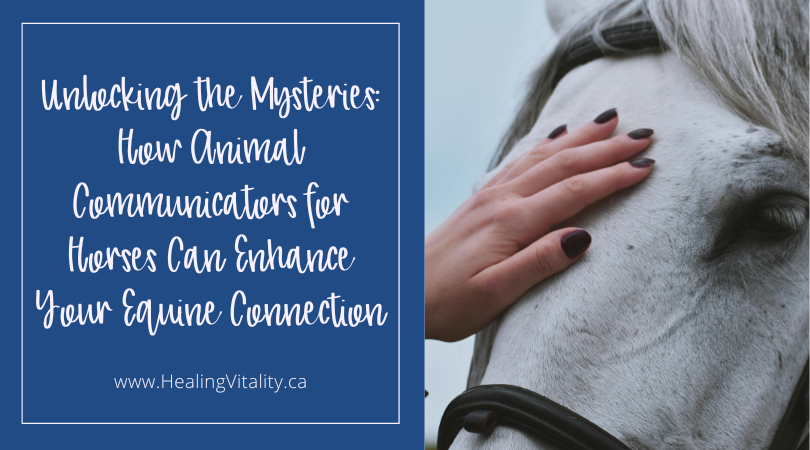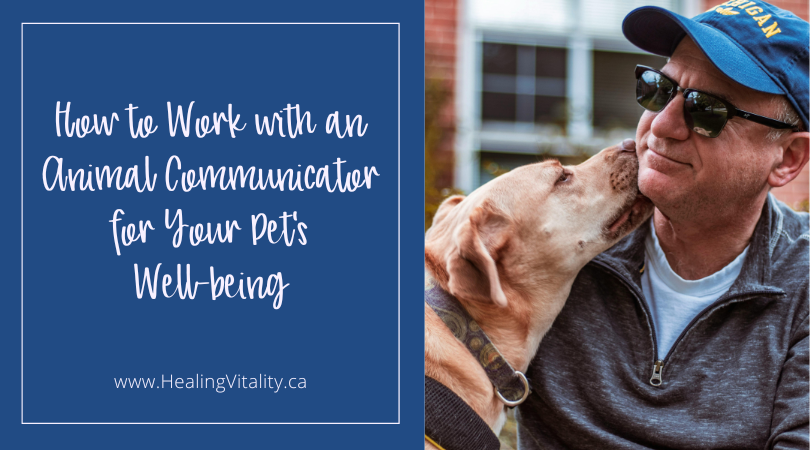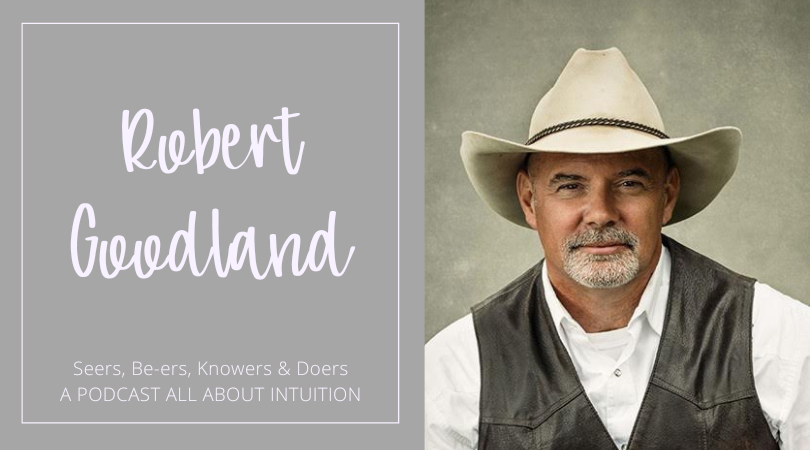COPD In Horses - Symptoms, Causes and Treatment
COPD In Horses - Causes, Types, Symptoms, Prevention and Treatment
Chronic Obstructive Pulmonary Disease (COPD) is respiratory disease primarily known in people, but what about horses? Can horses have it too?
In this article we will cover all the important aspects of it, from what it is, causes, how to treat it and more, so keep reading!
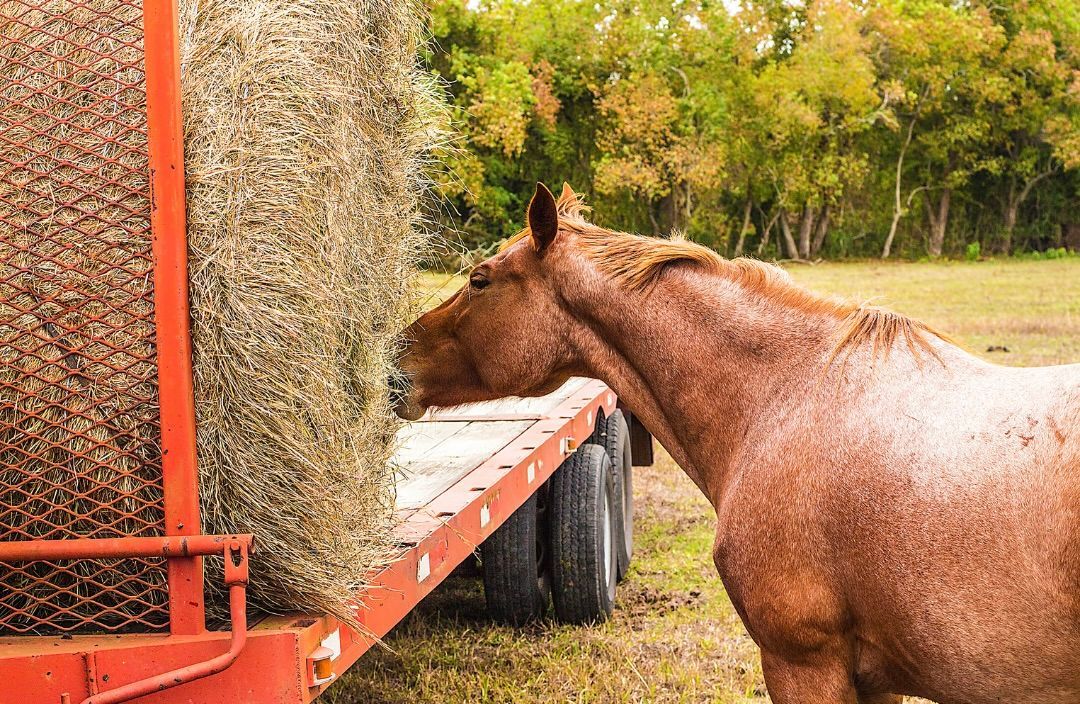
What is Chronic Obstructive Pulmonary Disease (COPD)
COPD is a name for a whole group of lung diseases that make it hard to breathe and get progressively worse over time.
Under normal circumstances, the airways and air sacs in lungs are elastic and stretchy and while breathing, the airways bring air into the air sacs and take the air out of the air sacs. Air sacs are like a balloon that inflates and deflates with breathing. With COPD air flow becomes difficult and less air flows in and out of airways due to one or more problems:
- The airways and air sacs in lungs become less elastic
- The walls between many of the air sacs are destroyed
- The walls of the airways become thick and inflamed
The airways make more mucus than usual and become clogged causing respiratory difficulty.
Another name for COPD and conditions listed above are Heaves and RAO (Recurrent Airway Obstruction), but all 3 of those names actually describe the same disease/chronic condition in horses - a disease of the small airways in the lungs caused by an allergy to small dust particles and spores that are inhaled by the horse when he breathes.
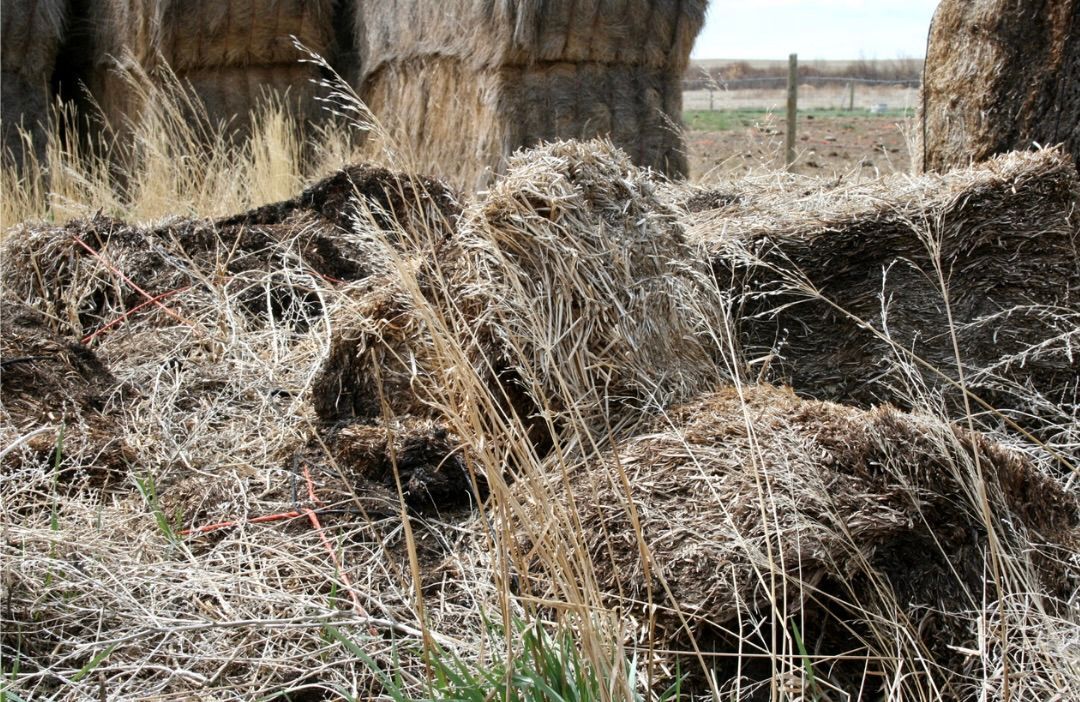
What are the symptoms
The symptoms can be any breathing-related issues. To name a few:
- Forcefully breathing or double expiration
- Chronic cough
- Reduced exercise tolerance/performance
- Increased mucus
- Wheezing
- Increased respiratory rate
- Heavy breathing.
- Rapid breathing.
- Thick nasal discharge.
- Coughing at rest or exercise.
- Formation of a muscular line on the flank (a heave line).
It is important to know your horse and to be aware of any out of the ordinary signs that might appear. Your horse may start displaying so you can act accordingly. The earlier you catch it the better you will be able to manage it so that disease doesn’t become severe.
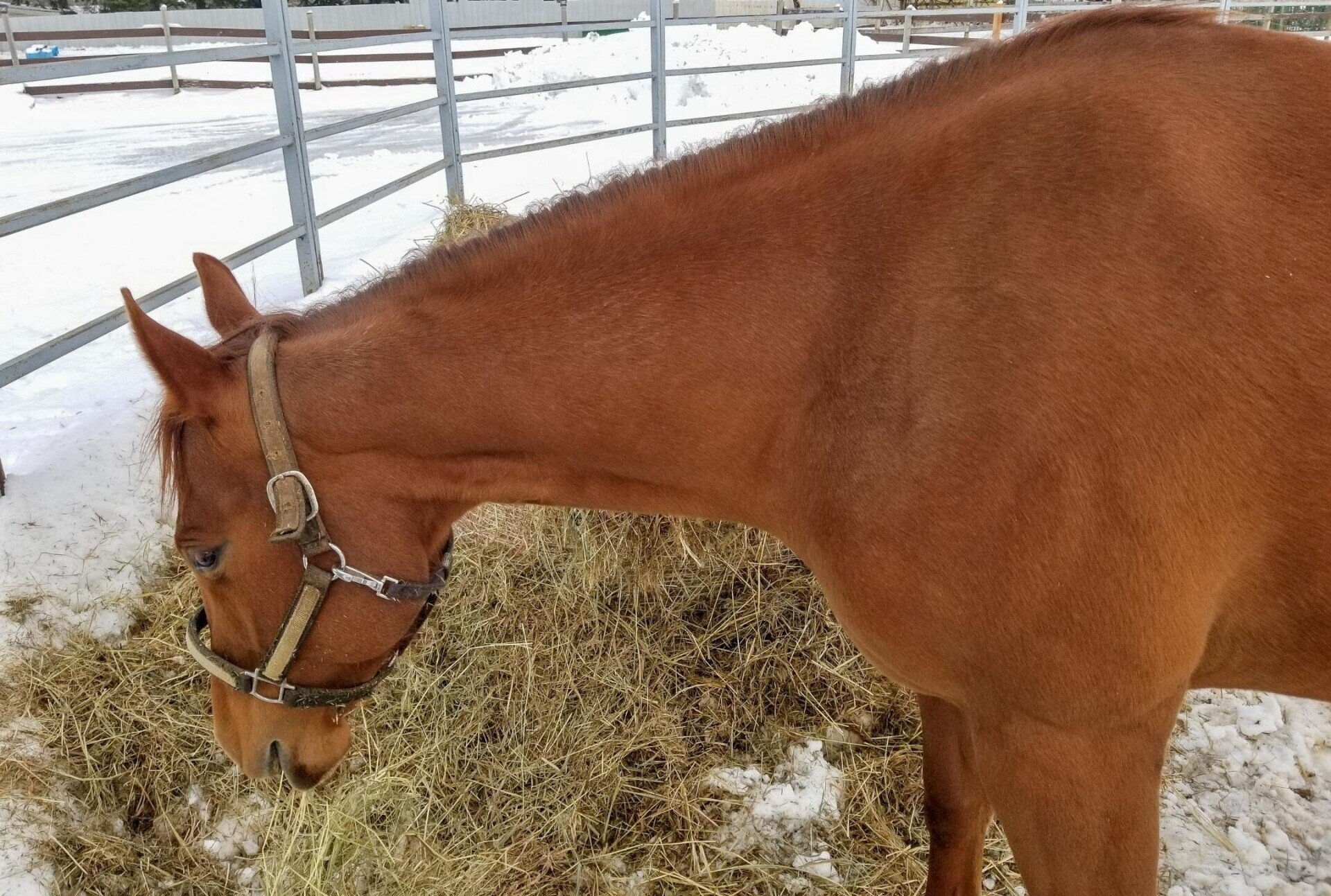
What causes COPD
Horses that show signs of COPD have developed an allergy to mold, organic dust, fungal spores, pollen and endotoxin present in hay and straw.
Most evidence suggests that COPD is the result of the lung's hypersensitivity to inhaled antigens, although multiple theories exist regarding exactly why it occurs.
Horses who have previously had a
viral or bacterial infection in their lungs are at greater risk of developing this type of allergy and are predisposed to COPD condition.
The allergic reaction in the airways results in the production of fluid (mucus) and thickening of the walls of the airways of the lungs, causing their obstruction.
Affected horses will have excess mucus production. This means that the horse will have to make an increased effort to breathe and will develop a cough to clear trapped mucus.
The condition is similar to asthma in humans and has allergic and inflammatory components - the horse’s immune system reacts to particles that are blocking the airways with increased production of mucus.
In horses, the same immune response occurs to irritants such as dust, hay and pollen, which causes the production of excess mucus.
Types of COPD in horses
Most often, the condition is seen in winter because of an allergic response to dust or fungal spores found in hay or bedding such as straw.
However, horses living in the southeastern part of the US may demonstrate symptoms on late-summer pasture, which likely reflects sensitivity to molds or grass pollens. This is referred to as summer pasture–associated obstructive pulmonary disease and the management is similar to that of a horse with COPD, with the addition of pasture avoidance.
Accordingly, there are two different forms of the condition recognized in horses that are related to horse's environment:
1. The barn-associated type often seen in stabled horses fed hay that gets worse in winter and spring.
2. summer pasture-associated type sometimes also referred to as summer heaves seen more commonly in horses living on pasture in the Southeast. It also appears that this type has the most severe symptoms in the summer or early fall.
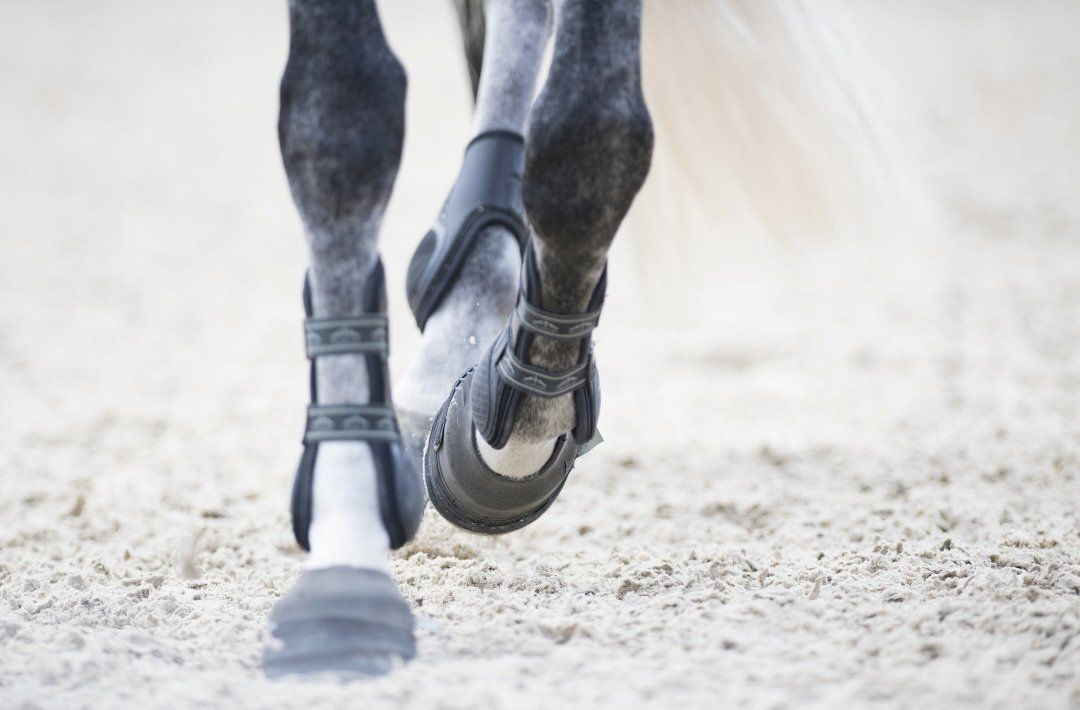
Early cases
Early signs include a slight nasal discharge or a dry cough, both of which may go unnoticed. If left untreated the cough will become more obvious as the disease progresses and the horse might find streignous work more difficult.
Severe cases
Horses with severe COPD will have difficulty breathing even at rest, causing increased respiratory rate and effort. In long standing cases, the horse has to make a double effort to breathe out and they will use both the chest and abdominal muscles to do so which will develop a visible ‘heave line’.
Progression
Symptoms are often mild for years and only progress slowly with age. In some horses, however, acute attacks of respiratory distress accompany a repeated exposure to dust or pollen. This means that the condition may be seasonal (especially when associated with crops such as oil seed rape) or associated with stabling or feeding conditions.
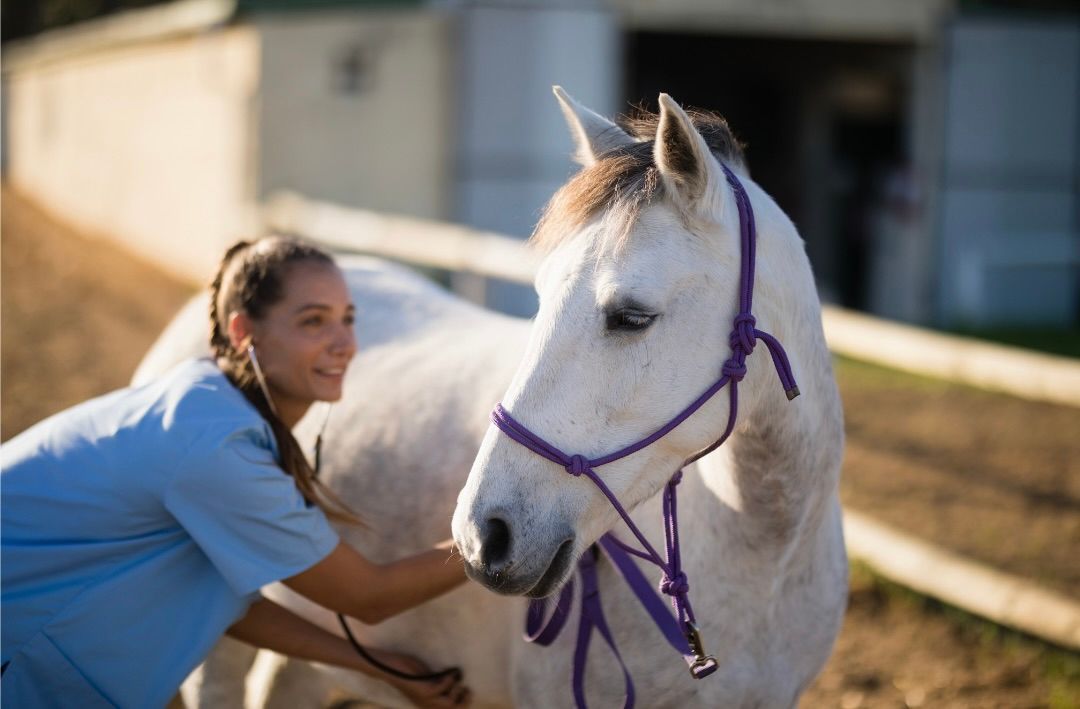
How to diagnose
Diagnosis of COPD in horses can be done by a veterinarian on the basis of history and characteristic clinical examination findings. Additional diagnostic tests to confirm and characterize the lower airway inflammation include upper airway and tracheal endoscopy, bronchoalveolar lavage (BAL), lung function testing, thoracic radiographs (X-rays) and ultrasound examination.
Bronchoalveolar lavage is indicated in horses with poor performance (exercise intolerance) and coughing, and is not compulsory in horses with severe disease and suggestive clinical signs. Excess white blood cells called neutrophils are seen in cytology and confirm the presence of lower airway inflammation.
Scoping
Endoscopy ('scoping') and the collection of samples for microscopic examinations via bronchoalveolar lavage (BAL) help to distinguish between Chronic Obstructive Pulmonary Disease and other causes of chronic cough such as infection. Infection may, of course, be a secondary complication of Chronic Obstructive Pulmonary Disease.
Diagnosing affected horses can usually be made on clinical signs alone. If necessary your vet may suggest a scope and tracheal wash sample to confirm the diagnosis.
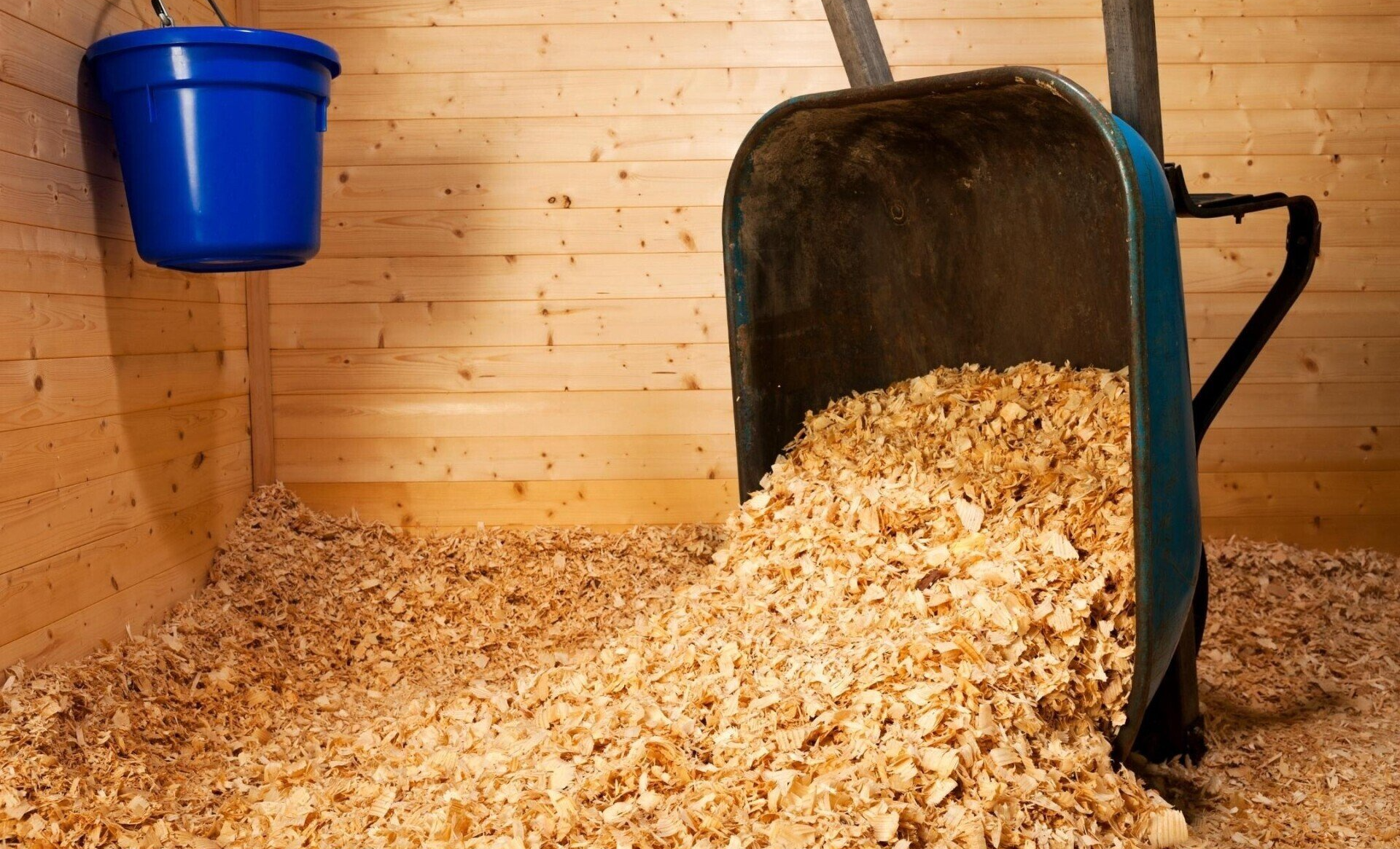
Prevention and treatment
It is important to note that COPD in horses is not curable. However there are a number of things you can do to ease the condition and help your horse.
Here at Healing Vitality the first thing we do is to make sure there is not a reason in the
environment to add to the issue; mold or other environmental factors need to be addressed to support the horse's lungs.
Environmental management
If you are stabling your horse, switching to low dust bedding to improve the air quality is really important. Shredded paper, or rubber matting are great alternatives to straw bedding and wood shavings.
Avoiding dry hay and making sure to get rid of any moldy hay could mean a lot in the long term treatment. To minimize exposure to dust particles and creating low dust environment soaking hay is also really important.
Great alternative to loose hay or round bales are hay cubes that will, again, lower the dust levels, which will, in tour, help with the treatment of the respiratory problems.
Supporting Your Horse
Except for minimizing the dust exposure, we can also ensure that the horse is not dealing with Chronic Reversed Polarity and if so, ensure that it is corrected by figuring out what is the missing piece to support the horse's immune system to get the horse's detox channels working properly to reduce the overall inflammation in the horse's body.
After ensuring both of those factors are covered, there are
several different nutrients that can benefit the reduction of inflammation in the body and specifically in the lungs that are good for a horse dealing with COPD.
Bee Pollen, Bioflavonoids as a complex and Grape Seed Extract are three such nutrients. Each of these nutrients brings different support to the system.
Bee Pollen
reduces the production of histamine in the body which can be directly related to lung health and allergies or related symptoms.
Bioflavonoids including Rutin, Quercetin and Hesperidin all have an effect on the circulatory and the lymphatic systems strengthening vessels which can be weakened with this condition. They also have an effect on histamine in the body which is beneficial when dealing with an inflammatory disease. They are also powerful
antioxidants.
Grape Seed Extract is also
supportive to the blood vessels and the cell walls. It is a third nutrient that works by reducing the impact on histamine in the body. It also offers lung specific support to
reduce symptoms like wheezing and coughing.
Two other nutrients that can be supportive to the lungs are
Vitamin C and MSM. They can work synergistically with the nutrients listed above or on their own reducing histamine in the body and also both have lungs supportive attributes as well as supporting membranes and healing of tissues.
With every situation there are individual needs based on food and history as well as age and emotional factors or stress levels that can also play a role.
Contact us
Get in touch if you have any questions, or to learn more about our COPD treatment, how we work and if you and your horse could benefit from our treatments.
Make sure you read our testimonials!
Healing Vitality
Sign Up For My Newsletter

